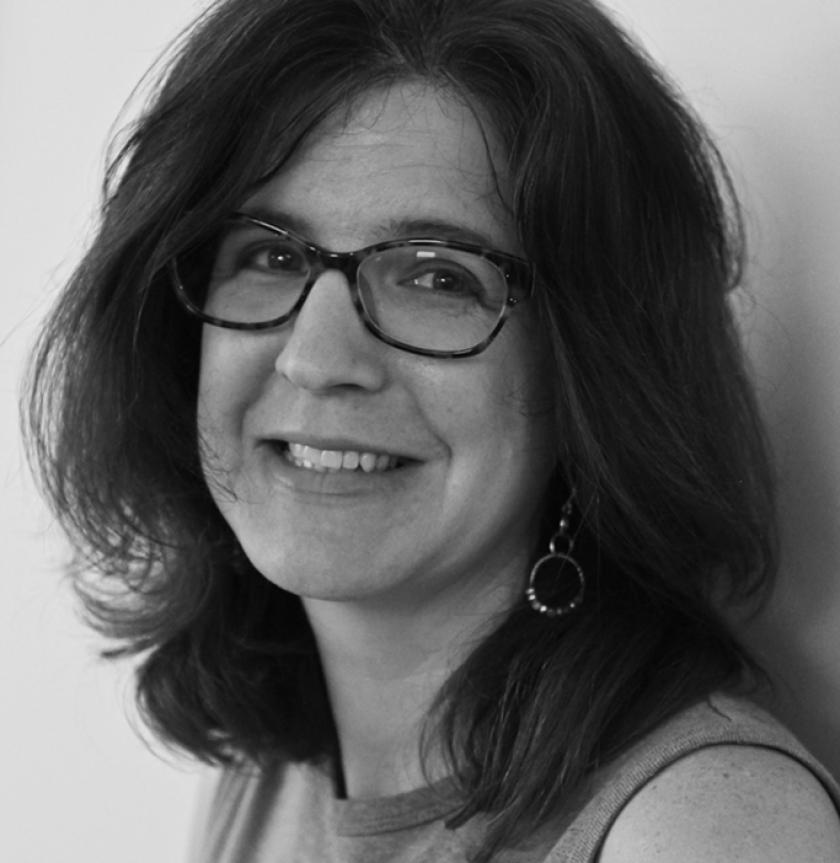
As fake news reports spread like a disease over the internet, online users need to more carefully consider the credibility of their news sources. Jeanine Finn (MS '96), former reference librarian, recent PhD grad, and self-described "ninja of information spaces," has been doing research on information credibility for about eight years. For her dissertation, she examined the use and evaluation of scientific sources by journalists in writing about science news for diverse audiences.
"From the ethnographic study of freelance science writers, I gathered extensive data related to the writers' work habits, their research processes, their education and professional training, and, more centrally, how they manage their professional identities as trusted communicators," Finn explained. "The question of information trust and credibility in digital spaces has been key for me throughout my research career—particularly in ‘high-stakes' areas where expert scientific information intersects with public understanding and government policy."
Read Jeanine Finn’s blog posts on fake news
In addition to this research, Finn has studied public perception of vaccine safety as debated in medical literature and how climate change science is argued in op-eds in The Wall Street Journal.
Finn completed her PhD in information studies from the University of Texas at Austin in 2016 and is currently a postdoctoral researcher there. She worked as a reference librarian at the University of Houston and at the Texas Legislative Reference Library prior to returning to graduate school for her doctoral degree.
Finn's interest in libraries began when she was an undergraduate at Illinois working part time at the University Library. "I was lucky to be in the right place at the right time to jump into a great master's program with the encouragement of my library colleagues. At the time (mid-1990s), there was a lot of excitement about the web and what was going on at NCSA. Whatever area of information science you felt pulled toward—there was always a department or a collaborator you could find somewhere to further your interests," Finn said.
After receiving her master's degree in LIS in 1996, Finn went to work at the University of Houston. "It was a dynamic place—several new librarians had been hired, and the library had received a large grant to install over 100 internet-connected PCs in the library. This was the largest public-access internet space in Texas at the time. We really had no idea how to run it and what would happen by letting a large undergraduate student population new to this technology basically have free reign in this kind of 'lab.'"
Later, at the Texas Legislative Library, she helped lead a large digitization project and relaunch the library's website, an experience that made her better appreciate the social elements of technology. "How different stakeholders thought about 'what this database should do' was a complicated question. It wasn't about just building the right tool—it was about understanding the practices and culture that surrounded the tool," said Finn. This experience cemented her decision to pursue a PhD.
Once her postdoctoral research at UT Austin is completed, Finn will start looking for her next professional opportunity. She would like to continue to research and support open and collaborative data practices and the trust issues that surround them.
Outside of work, she enjoys spending time with her children (ages ten and twelve) and making pottery, a hobby that began when she took a ceramics class at Illinois. "I have a pottery studio in my garage and like to be up to my elbows in clay as much as time allows," she said.